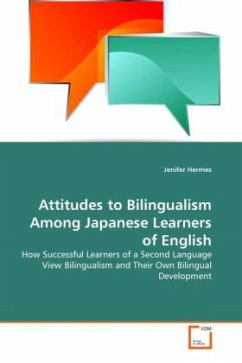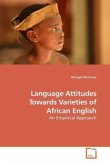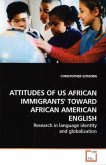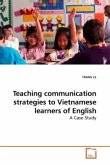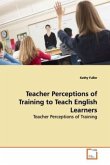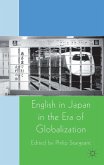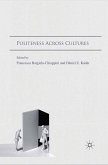Focused on a unique group of learners-- bilingual Japanese students studying at an English-medium university in Tokyo-- this volume presents the results of an extensive survey designed to probe attitudes among bilingual learners of English as a Foreign Language. In addition to investigating these bilingual students' opinions about the best ways to learn language, the text also describes their attitudes to their own bilingualism, their attitudes about bilingual ability in general as well as to the effects of bilingualism on social, cultural, and linguistic development. Japan is well-known as a monolingual society where English, although a required subject of study at public junior high schools and high schools, is not widely used in daily life. Fluent bilinguals, capable of university-level studies in English, are not common within Japan, and, as a result, their attitudes have not been widely studied. This volume will be of interest to researchers in Second Language Acquisition seeking information on Japanese people who have learned a second language to a high level, as well as to anyone interested in knowing how learning is viewed by this group of highly-successful learners.
Bitte wählen Sie Ihr Anliegen aus.
Rechnungen
Retourenschein anfordern
Bestellstatus
Storno

